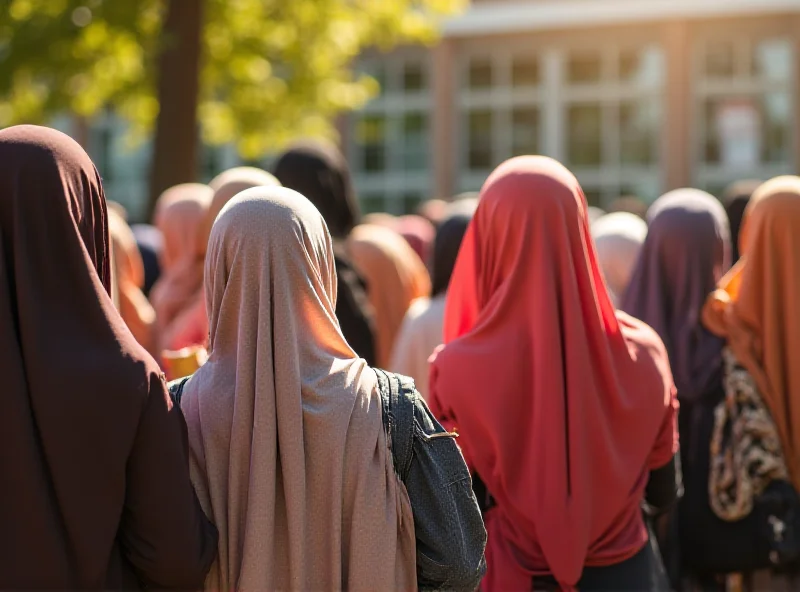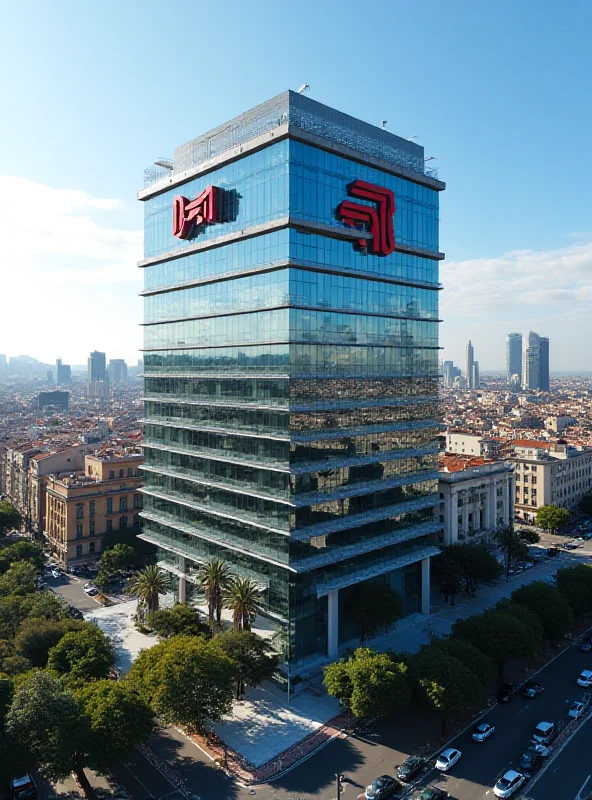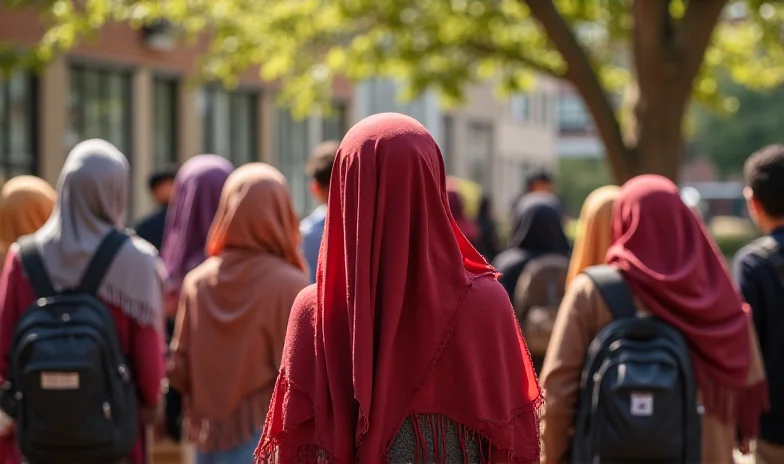Recent developments in Catalonia have sparked debate and discussion, ranging from local controversies to significant economic shifts. This article examines two key stories: a dispute in Ripoll regarding a school exhibition and the return of La Caixa to Catalonia.
Ripoll Exhibition Controversy
In Ripoll, the mayor has condemned a school exhibition featuring photos of female students wearing Islamic veils. This has led to the exhibition being relocated to a private venue. The situation raises questions about freedom of expression and cultural sensitivity within the educational system. The specifics of the mayor's objections remain unclear, but the decision to move the exhibition underscores the sensitivity of the subject matter. This event has ignited debate within the community, with some supporting the mayor's decision and others criticizing it as censorship.

The management of the school has not publicly commented on the specific reasons for relocating the exhibition, but the move suggests an attempt to de-escalate tensions and avoid further controversy. The incident highlights the challenges of navigating cultural diversity in educational settings and the importance of fostering open dialogue and understanding.
La Caixa's Return: A Sign of Stability?
Meanwhile, La Caixa's return to Catalonia is being interpreted as a significant event, signaling the end of a period of instability following a secessionist attempt. The move is seen by some as a restoration of confidence in the region's political and economic landscape.
However, the details surrounding La Caixa's return are shrouded in secrecy. "Government and Generalitat avoid revealing the role they had in the decision," one report notes, "motivated by the political change in Catalonia." This lack of transparency has fueled speculation about the motivations behind the move and the extent of government involvement.

The return of La Caixa is not the only recent political event. The government's plan to introduce the teaching of Francoism in classrooms is also noteworthy. This initiative aims to educate students about the country's history and promote democratic values. The government hopes to recognize the work of students who value democracy and reject repression and dictatorship.
Looking Ahead
These developments – the controversy in Ripoll, La Caixa's return, and the new educational initiatives – all contribute to a complex and evolving political landscape in Catalonia. It remains to be seen how these events will shape the region's future. The interplay between cultural sensitivities, economic stability, and historical awareness will undoubtedly play a crucial role in determining Catalonia's path forward.

